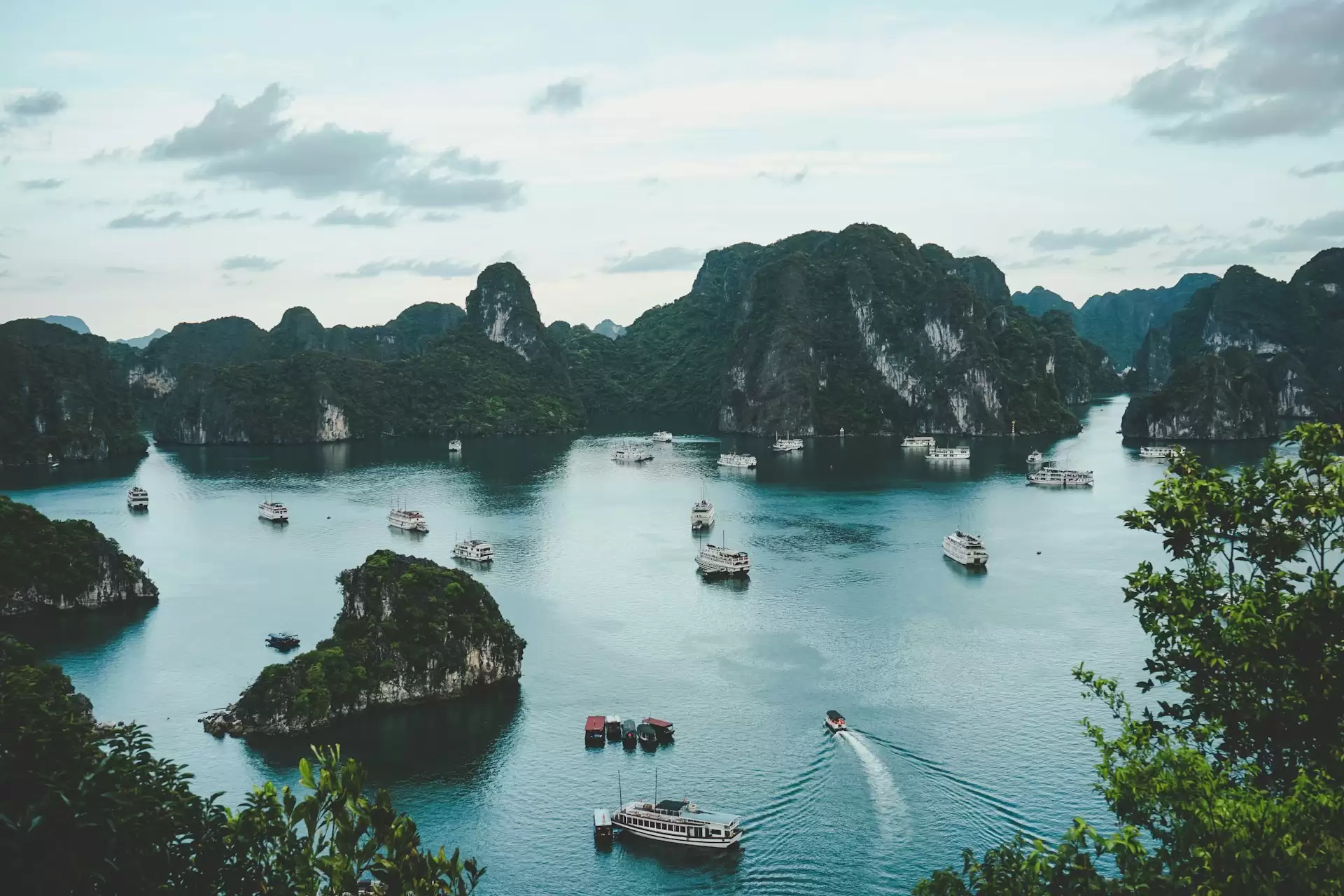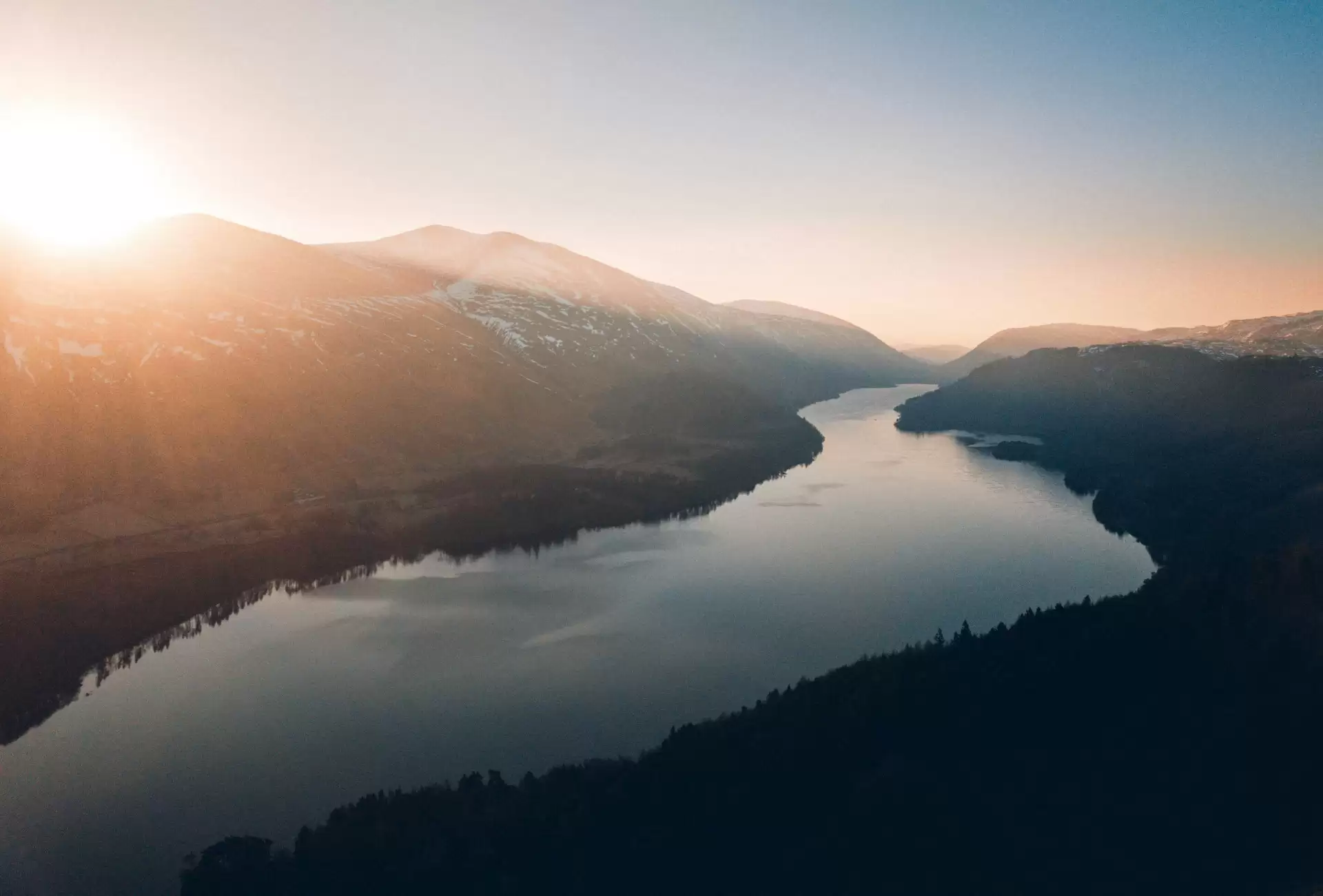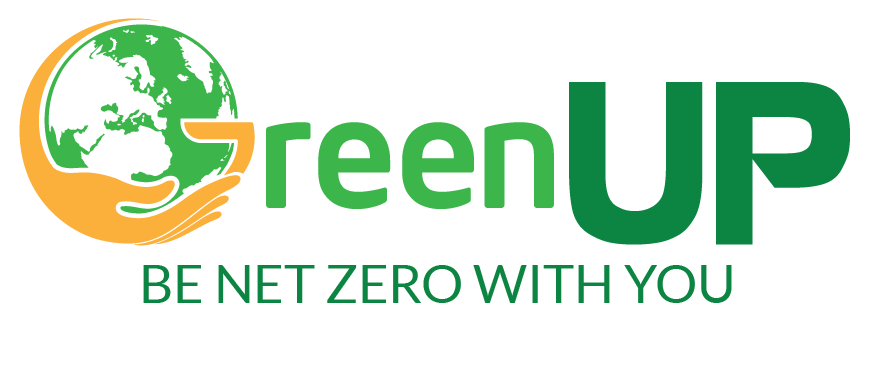Introduction
Vietnam, a rapidly developing country, is facing various environmental challenges as it balances economic growth with sustainability. In this context, two important government bodies play a critical role in shaping and enforcing Vietnam’s environmental policies: the Ministry of Natural Resources and Environment (MoNRE) and the Department of Natural Resources and Environment (DoNRE). Together, these organizations form the backbone of the country’s efforts to safeguard its natural resources, manage environmental protection, and combat climate change.
This article will explore the key functions of MoNRE and DoNRE, explain how they collaborate, and discuss their impact on environmental management in Vietnam.
What is MoNRE?
The Ministry of Natural Resources and Environment (MoNRE) is a central government body in Vietnam responsible for managing the country’s natural resources and environment. Established in 2002, MoNRE is tasked with developing policies and regulations that cover a wide range of areas, including:
- Land management
- Water resources
- Minerals
- Marine and island management
- Environmental protection
- Climate change adaptation
MoNRE acts as the policy maker, enforcer, and regulator of environmental laws in Vietnam. Its overarching goal is to ensure sustainable development while protecting the natural environment.
Key Responsibilities of MoNRE
1. Environmental Protection
One of MoNRE’s primary functions is to create policies aimed at minimizing environmental pollution and promoting the sustainable use of natural resources. The ministry sets environmental standards, issues environmental licenses, and monitors the enforcement of environmental regulations across the country.
For example, MoNRE develops and enforces laws related to air and water quality, ensuring that industries comply with standards to reduce pollution. The ministry also works on projects aimed at restoring ecosystems, particularly in areas heavily impacted by industrial activities or urban development.

2. Climate Change Mitigation and Adaptation
Vietnam is highly vulnerable to climate change impacts, including rising sea levels, extreme weather events, and changing agricultural patterns. As a signatory to international agreements like the Paris Agreement, Vietnam is committed to reducing its greenhouse gas emissions and adapting to climate change.
MoNRE leads the country’s efforts in climate change mitigation and adaptation, developing policies to promote renewable energy, reduce carbon emissions, and build resilience in vulnerable regions. The ministry coordinates climate action plans with various stakeholders, including local governments, businesses, and non-governmental organizations.
3. Land Management
MoNRE is responsible for regulating the use of land in Vietnam. The ministry oversees land allocation, use rights, and land recovery for development projects. It also works to prevent land disputes and ensure that land-use planning aligns with the country’s sustainable development goals.
Land management is critical in Vietnam, as rapid urbanization and industrialization have increased the demand for land. MoNRE plays a vital role in ensuring that land resources are used efficiently and equitably, without compromising environmental integrity.
4. Natural Resource Conservation
Vietnam is rich in natural resources, including forests, minerals, and marine biodiversity. MoNRE manages the exploration and sustainable use of these resources, ensuring that economic development does not come at the cost of long-term environmental degradation.
The ministry is also involved in promoting reforestation and conservation efforts, particularly in biodiversity-rich regions such as the Mekong Delta and the Central Highlands. MoNRE collaborates with international organizations to protect endangered species and restore degraded ecosystems.
5. Regulating Water Resources
Water is a critical resource for Vietnam’s agriculture, industry, and household consumption. MoNRE regulates the management of rivers, lakes, and underground water sources, ensuring that these resources are used sustainably.
The ministry monitors water quality and quantity, and it enforces water pollution controls on industries and municipalities. MoNRE’s role in water resource management is crucial, as Vietnam faces increasing pressure on its freshwater resources due to population growth, industrial activities, and climate change.

What is DoNRE?
The Department of Natural Resources and Environment (DoNRE) is the local-level counterpart to MoNRE, operating at the provincial and municipal levels in Vietnam. While MoNRE sets national policies and regulations, DoNRE is responsible for implementing and enforcing these policies at the local level. Each province and major city in Vietnam has its own DoNRE office, which works closely with MoNRE to ensure that national policies are tailored to local conditions and effectively carried out.
Key Responsibilities of DoNRE
1. Enforcing Environmental Laws
DoNRE plays a critical role in ensuring that businesses and industries operating at the local level comply with environmental regulations. The department monitors pollution levels, inspects industrial sites, and enforces penalties for violations of environmental laws.
For instance, if a factory in a province is found to be discharging untreated wastewater into a river, DoNRE would be responsible for investigating and imposing fines or other penalties in accordance with national laws set by MoNRE.
2. Land Use and Zoning
At the local level, DoNRE manages land-use planning and zoning regulations, ensuring that land development projects align with the environmental goals set by MoNRE. This includes overseeing land allocation for industrial zones, urban development, and agricultural use, as well as resolving local land disputes.
DoNRE’s role is particularly important in managing Vietnam’s rapid urban expansion. As cities grow, there is a need to balance development with environmental protection, ensuring that new projects do not lead to excessive pollution, deforestation, or loss of agricultural land.
3. Public Awareness and Education
Another key responsibility of DoNRE is to raise awareness about environmental protection and sustainability within local communities. The department organizes campaigns, workshops, and educational programs to inform the public about issues such as waste management, water conservation, and climate change adaptation.
By promoting environmental education, DoNRE helps build community support for sustainable practices and ensures that local populations are engaged in protecting their natural surroundings.
4. Environmental Impact Assessments (EIA)
Before any major development project is approved, it must undergo an Environmental Impact Assessment (EIA). DoNRE is responsible for conducting and reviewing these assessments at the local level. The EIA process ensures that potential environmental impacts are considered and mitigated before projects such as new factories, roads, or urban developments can proceed.
This process is crucial in preventing environmental degradation and ensuring that development projects do not harm local ecosystems or communities.
5. Collaborating with Local Authorities
DoNRE works closely with local governments to coordinate the implementation of national environmental policies. By collaborating with provincial and municipal leaders, DoNRE ensures that local projects align with Vietnam’s broader environmental goals. The department also provides technical support and advice to local authorities on how to incorporate environmental considerations into development planning.
Collaboration Between MoNRE and DoNRE
The relationship between MoNRE and DoNRE is critical to the success of Vietnam’s environmental management. While MoNRE sets the overall policy framework, DoNRE ensures that these policies are effectively implemented at the local level. The two organizations collaborate closely, sharing data, coordinating enforcement efforts, and aligning their goals.
For example, when it comes to climate change mitigation, MoNRE may develop a national plan to reduce carbon emissions, but it is DoNRE that ensures factories in each province comply with new emissions standards. Similarly, MoNRE may introduce new water resource management policies, but DoNRE enforces these rules by monitoring local water usage and quality.
The Impact of MoNRE and DoNRE on Vietnam’s Environmental Future
Both MoNRE and DoNRE play vital roles in addressing Vietnam’s environmental challenges, from protecting natural resources to combating climate change. As the country continues to develop, the collaboration between these two organizations will be essential to ensuring that growth is sustainable and that Vietnam can meet its environmental commitments.
By strengthening the enforcement of environmental laws, raising public awareness, and promoting sustainable development practices, MoNRE and DoNRE are laying the groundwork for a greener, more resilient future in Vietnam.
Through the combined efforts of MoNRE and DoNRE, Vietnam is taking important steps to protect its environment while fostering economic growth. However, ongoing challenges such as rapid urbanization, industrialization, and climate change mean that these agencies will need to continue adapting and improving their strategies to safeguard the country’s natural resources for future generations.
References
- Ministry of Natural Resources and Environment (MoNRE), 2024. English version. [online] Available at: https://monre.gov.vn/English.
- Ministry of Natural Resources and Environment (MoNRE), 2024. Installation of air quality observation stations in Hanoi. [online] Available at: https://monre.gov.vn/English/Pages/Installation-of-air-quality-observation-stations-in-Hanoi.aspx.
- Ministry of Natural Resources and Environment (MoNRE), 2024. Tightening environmental control in leading economic Ho Chi Minh city. [online] Available at: https://monre.gov.vn/English/Pages/Tightening-environmental-control-in-leading-economic-Ho-Chi-Minh-city.aspx.
- Ministry of Natural Resources and Environment (MoNRE), n.d. Các sở TN&MT. [online] Available at: https://www.monre.gov.vn/Pages/cac-so-tn&mt.aspx.
- Trade.gov, 2023. Vietnam – Environmental Technology. [online] Available at: https://www.trade.gov/country-commercial-guides/vietnam-environmental-technology.
- Unilever Vietnam and MoNRE, 2024. Unilever VN, MoNRE launch a campaign regenerating nature in Vietnam. Vietnam News. [online] Available at: https://vietnamnews.vn/society/1548195/unilever-vn-monre-launch-a-campain-regenerating-nature-in-viet-nam.html.
- VietnamNet, 2024. Ministry identifies challenges in household solid waste management in Vietnam. [online] Available at: https://vietnamnet.vn/en/ministry-identifies-challenges-in-household-solid-waste-management-in-vietnam-2315062.html.
- Wikipedia, 2024. Ministry of Natural Resources and Environment (Vietnam). Wikipedia. [online] Available at: https://en.wikipedia.org/wiki/Ministry_of_Natural_Resources_and_Environment_(Vietnam).
About GreenUP
Pioneering the Green Transition with Expertise and Innovation. With over 10 million I-RECs issued since 2019, we are Vietnam’s leaders in renewable energy certification. Our comprehensive suite of services, positions us uniquely as a one-stop solution for all your green and ESG needs. Experience unparalleled market access, competitive pricing, and strategic partnerships that drive not only cost savings but also significant value to your sustainability goals.







